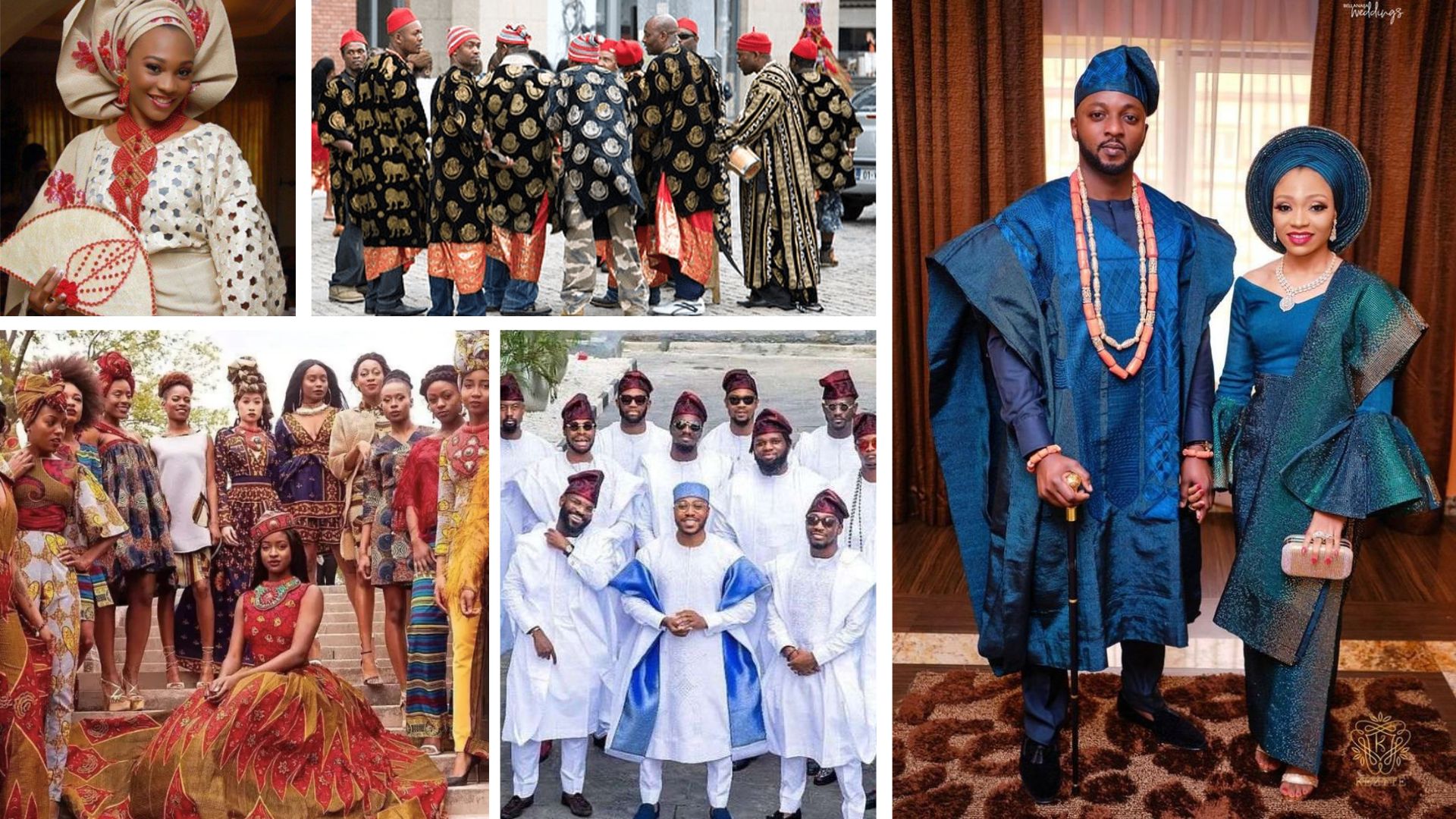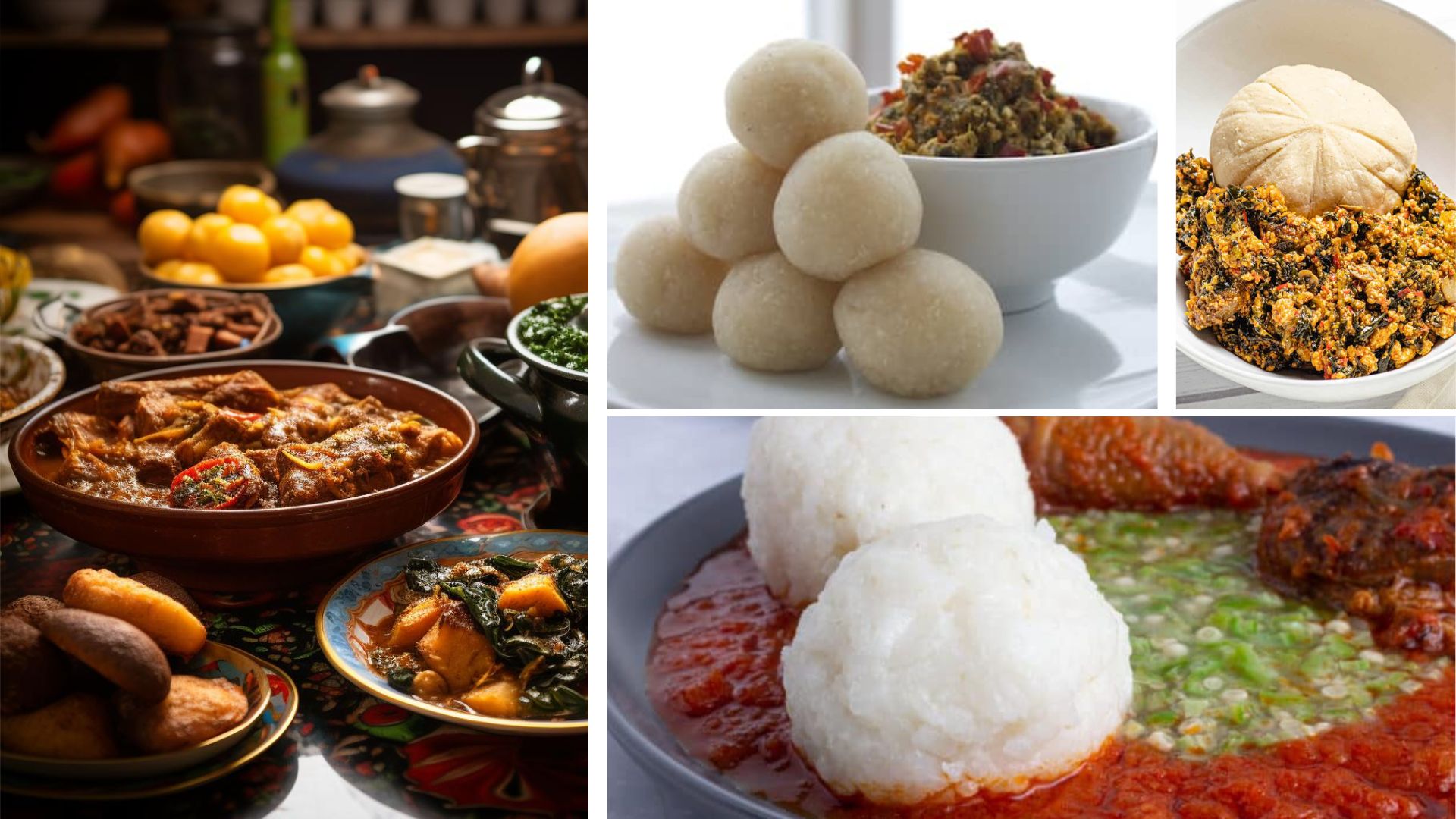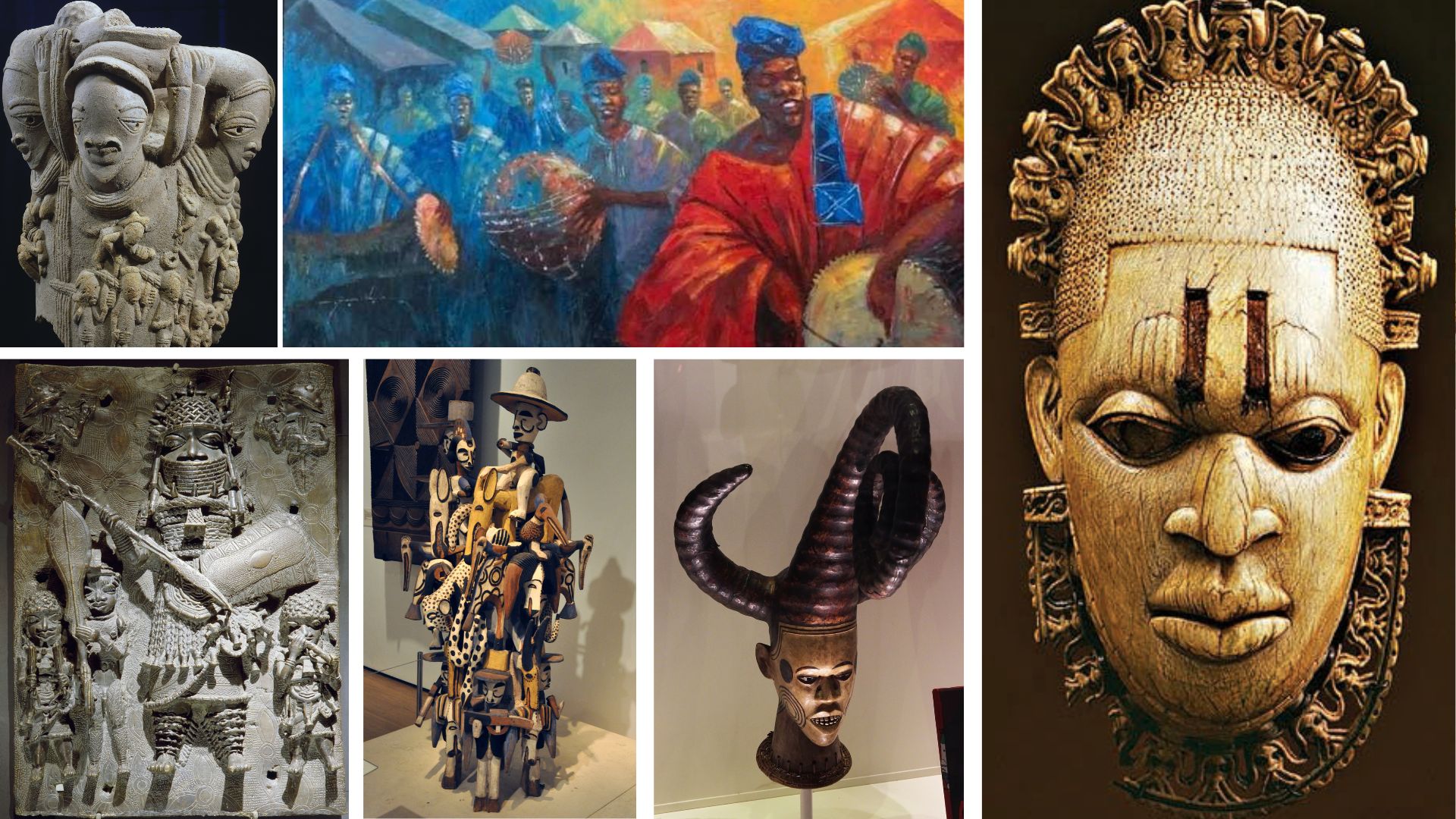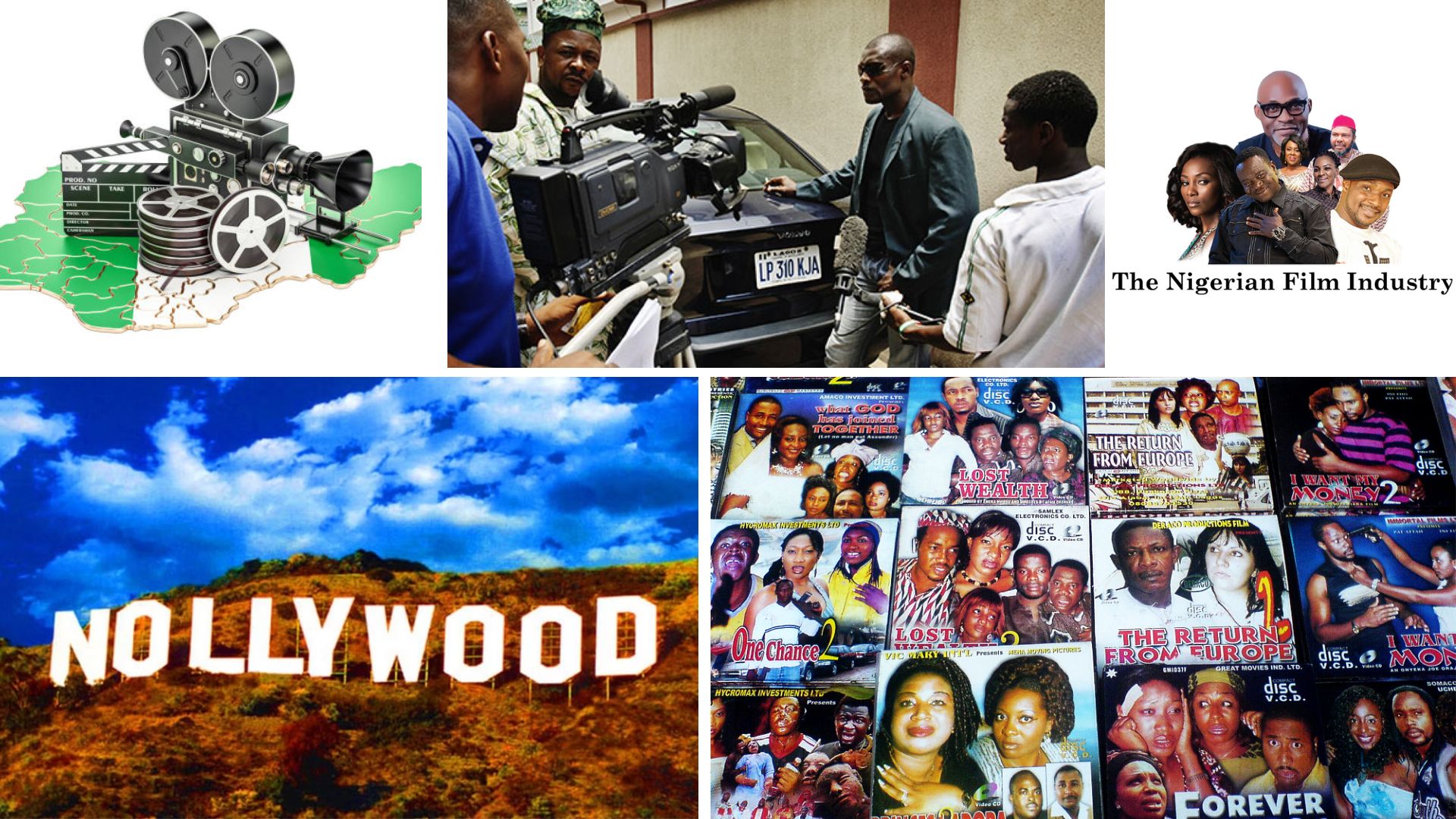Nigeria's vibrant popular culture is a reflection of the dynamic changes occurring within its
society, blending inherited traditions with adaptations of imported ones. While
establishments serving alcoholic beverages are widespread, Islamic laws prohibit them in
certain regions. Urban centers boast a diverse landscape, including hotels and nightclubs
that contribute to the bustling nightlife. Movie theatres, showcasing predominantly Indian
and American films, are particularly popular among urban middle- and low-income groups.
However, access to entertainment mediums such as radio, television, and recorded music
GDP growth rate 3.6% annual change (2021)
Population growth rate 2.4% annual change (2021)
Population 21.34 crores (2021)
FDI flows to Nigeria totalled USD 4.8 billion in 2021
and movies is contingent upon the availability of electricity, highlighting infrastructure
challenges.
Family plays a central role in Nigerian society, regardless of whether one resides in urban or
rural areas. Families come together to celebrate significant events such as births, weddings,
and funerals. Due to the large number of Nigerians living abroad, funerals for non-Muslims
are often delayed to accommodate family members returning home.
Food holds great importance in Nigerian life, reflecting the country's rich culinary diversity.
Seafood, beef, poultry, and goat serve as primary sources of protein, with variations in
cuisine across different cultures and regions. In southern areas, soups made from tomatoes,
onions, red pepper, and palm oil are common, often accompanied by vegetables like okra
and thickened with ground egusi (melon) seeds. Staple foods such as gari (ground cassava),
iyan (yam paste), or plantains complement these dishes. Rice is a staple across the country,
while grains like millet and wheat feature prominently in northern diets. Beans and root
vegetables are also widely consumed, with flavours enhanced by onions, palm oil, and
chilies.
Nigeria celebrates numerous holidays throughout the year, including Independence Day on
October 1st, Workers Day on May 1st, and various Christian and Islamic holidays. These
occasions provide opportunities for Nigerians to come together, celebrate their cultural
heritage, and express their national identity.

Nigeria Clothing
Nigerian clothing reflects the country's diverse cultural heritage and is influenced by
traditional customs, modern trends, and religious beliefs. The attire varies significantly
across different regions, ethnic groups, and occasions.
Traditional Nigerian clothing often includes vibrant colours, intricate patterns, and unique
designs that symbolize cultural identity and societal status. One iconic garment is the
"agbada," a loose-fitting robe worn by men, typically adorned with elaborate embroidery
and made from luxurious fabrics such as silk or brocade. Another traditional attire for men is
the "dashiki," a colourful, loose-fitting shirt with ornate embroidery, often paired with
matching trousers.

Nigeria Food
Madora |
Fufu :
Fufu (or foofoo, foufou) is one of the most commonly eaten Nigerian foods. It refers to a
staple food made from cassava (fermented or unfermented) that’s been boiled, pounded,
and then formed into balls. Traditionally, fufu refers to a staple Nigerian food made with
cassava.
Eba
:
Eba is a popular Nigerian swallow food made with dried
and fried cassava flour called garri. It’s eaten like fufu and
often served alongside many Nigerian soups and stews.
Tuwo
Shinkafa :
Tuwo Shinkafa is a type of Nigerian swallow food
associated with the Hausa people of northern Nigeria. It’s
traditionally made with short-grain rice but it can be made with rice flour as well. To
prepare, the rice is boiled until it absorbs the water and
becomes soft and sticky.

Nigeria Art
The art of Nigeria is rich and diverse,
reflecting the cultural and historical
complexities of the region. Spanning
thousands of years, Nigerian art
encompasses a wide range of styles,
materials, and purposes, from
ceramic sculptures to elaborate masks
and ceremonial objects. Let's delve
into the various artistic traditions highlighted in the provided text.
Nok
Culture :
Dating back to the 5th century BCE, the Nok culture of northern Nigeria
produced some of the earliest known sculptures in the region. Their ceramic art,
characterized by well-fired clay, depicted naturalistic representations of animals and
stylized human figures.

Nigeria Film Industry
The Nigerian film industry, commonly referred to as
Nollywood, has emerged as a global powerhouse in the realm
of cinema, boasting remarkable growth and unparalleled
influence in recent years. With an annual output of over 2,500
films, Nollywood stands as the second-largest film industry in
the world, surpassed only by Bollywood. This extraordinary
achievement is all the more impressive considering Nigeria's ranking as the 27th largest
economy by GDP.
Nollywood's origins can be traced back to the post-independence era of Nigeria, with pioneers
such as
Ola Balogun, Hubert Ogunde, and Eddie Ugboma
laying the groundwork for what would become a
cinematic revolution. Despite facing challenges such
as limited resources and equipment shortages in the
1980s, Nollywood filmmakers persevered, producing
films that resonated deeply with audiences by
focusing on culturally relevant themes and compelling
storytelling.
O

Nigeria Economy
Nigeria, a culturally diverse federation of 36 states and the Federal Capital Territory, boasts
a vibrant economy with abundant natural resources, including vast reserves of oil,
agriculture, and a burgeoning service sector. Despite facing various social and economic
challenges, the country continues to demonstrate resilience and potential for growth.
The political landscape in Nigeria is influenced by the ruling All Progressives Congress (APC)
party, which holds majority seats in both the executive and legislative branches of
government. President Bola Ahmed Tinubu, who assumed office in May 2023, has pledged
to address the country's pressing issues, including insecurity, economic development, and
social reforms.